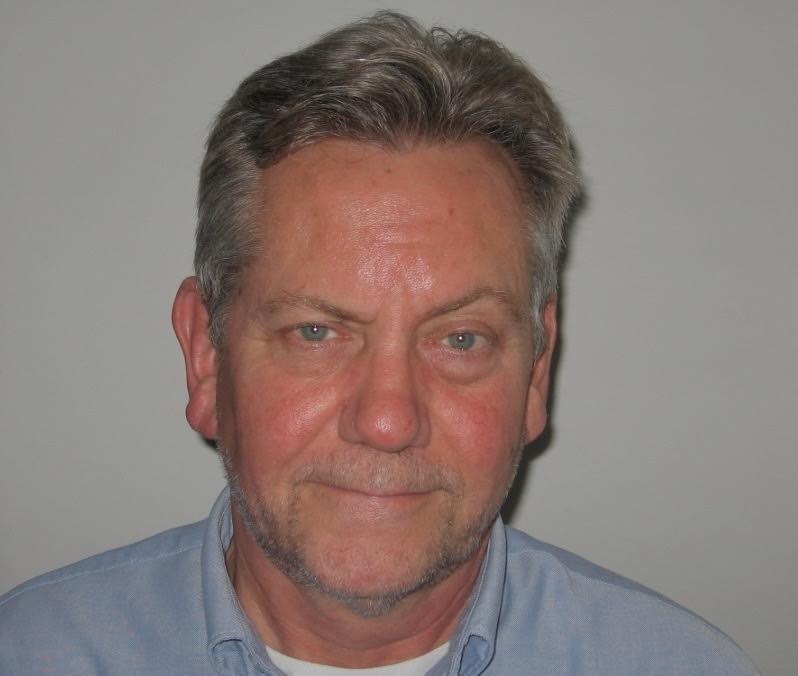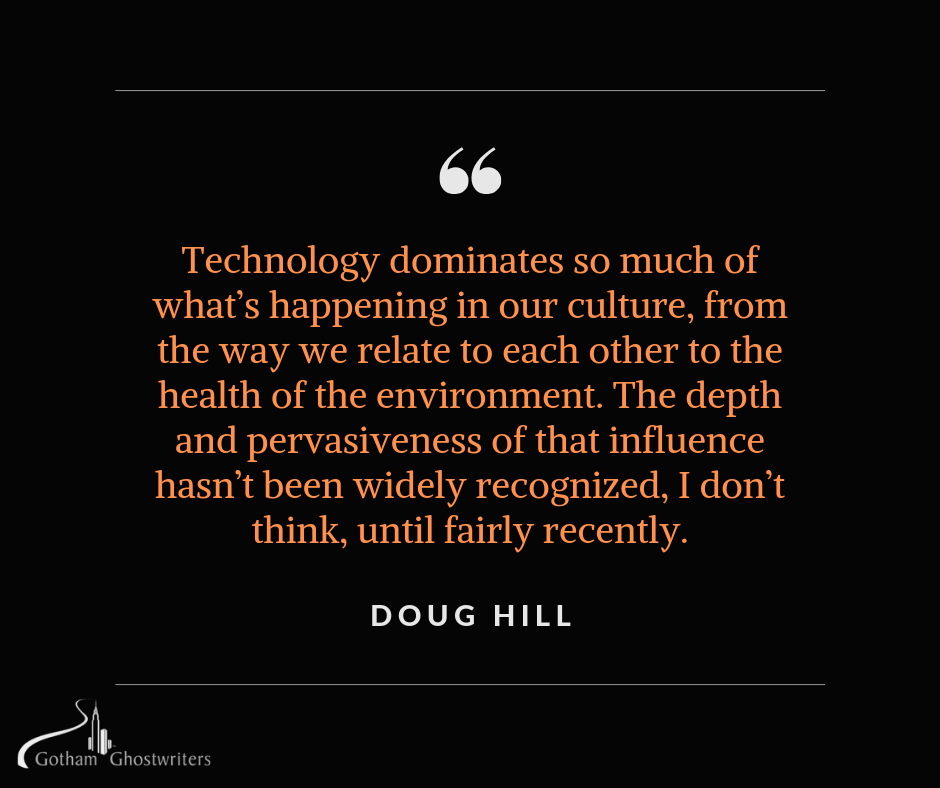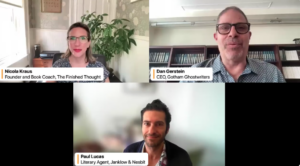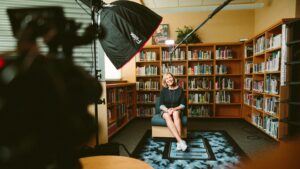
Doug Hill is a journalist who covered the television industry for about twenty years, during which he co-authored Saturday Night: A Backstage History of Saturday Night Live, the first history of that show. Subsequently he covered health for a wide variety of publications and served as a ghostwriter for world-class physicians at the Johns Hopkins Medical Schools. His passion is the history and philosophy of technology, which he’s studied as an independent scholar for more than twenty-five years. His book Not So Fast: Thinking Twice About Technology, published in hardcover in the fall of 2016 and in paperback April 2019, is the result of those studies.
Tell us about your writing journey. How did you begin writing, and how did you break into the industry? When did you know you could make a career out of it?
You could say I started my writing journey in the 6th grade at Minneha Elementary School in Wichita Kansas when I published (briefly) a two-page satirical mimeographed newsletter called The Reader’s Upset (the name a takeoff of Reader’s Digest, which was a staple in Kansas households at the time). My serious writing career started thanks to Watergate, which inspired me to re-enter the University of Oregon (after having dropped out for three years, clueless of why I’d been there in the first place) to earn a journalism degree. After a year at the Columbia Graduate School of Journalism in New York (where I did my masters thesis on CBGBs), I broke into the industry writing about the business of television for the trade journal Broadcasting (now Broadcasting and Cable), a job I got answering a blind ad in the New York Times. I didn’t own a television at the time.
What special considerations are required for collaborating on a writing project?
Maturity. Patience. Mutual respect. (Qualities I wished I’d had more of during the most important collaborative project of my career so far, Saturday Night: A Backstage History of Saturday Night Live, co-authored with Jeff Weingrad, still a close friend, thank goodness!)
What’s the most important thing to know about publishing before you start pitching your work?
It’s a dirty racket.
What topics do you particularly enjoy writing about? Why?
As mentioned, I used to write about the business of television (investigative reports were my specialty, but I also enjoyed writing profiles) and I loved it, but the ever-increasing power of show-biz publicists gradually took the fun out of it. For the past 25 years I’ve studied, independently (meaning at night), the history and philosophy of technology. My most recent book, Not So Fast: Thinking Twice About Technology (just out in paperback in April) is the result of that obsession. Why obsession? Because technology dominates so much of what’s happening in our culture, from the way we relate to each other to the health of the environment. The depth and pervasiveness of that influence hasn’t been widely recognized, I don’t think, until fairly recently. Given the dramatic shift in public attitudes toward Silicon Valley over the past couple of years, I give myself credit for being ahead of the curve.
What does your writing routine look like? How do you stay productive and overcome blocks?
I’ve tended to take on very big subjects –the subject of the book I’m researching now is at least as broad as my last one (technology). Fortunately I love research, which I now do by reading books rather than interviewing people. For better or worse, I’ve never found it hard to keep going.

What strategies do you focus on when cultivating your platform?
Oh god, the platform. I’ve shifted from being a fairly active blogger (on subjects related to technology) to being active on Twitter, mainly because blog essays take time and energy that I need to devote to research on my new book project. By current standards I don’t cultivate my platform enough. I’ve seen advice columns that recommend spending more time building your platform than you do writing, which I find appalling.
If you could go back and change anything about your writing career, is there anything you would choose to do differently?
I would have stopped drinking earlier.
What’s your best piece of advice for someone looking to be a full-time writer?
Revise, revise, revise.
What are you working on next?
I follow the rule of keeping the nature of my current project close to my vest. Talking about it siphons energy from it. I’m also a bit paranoid.



